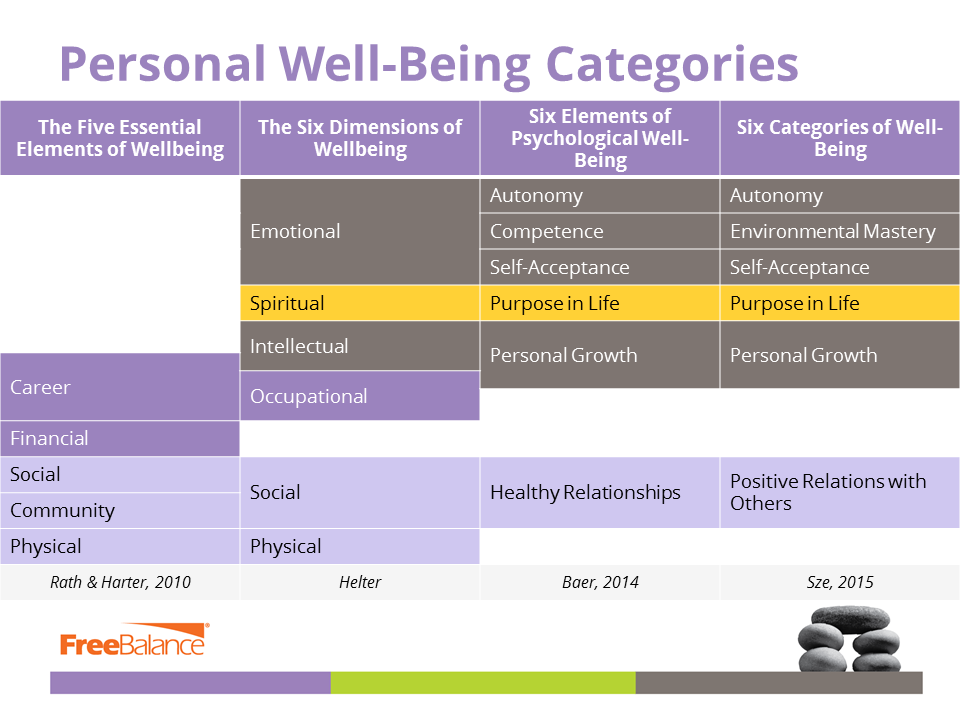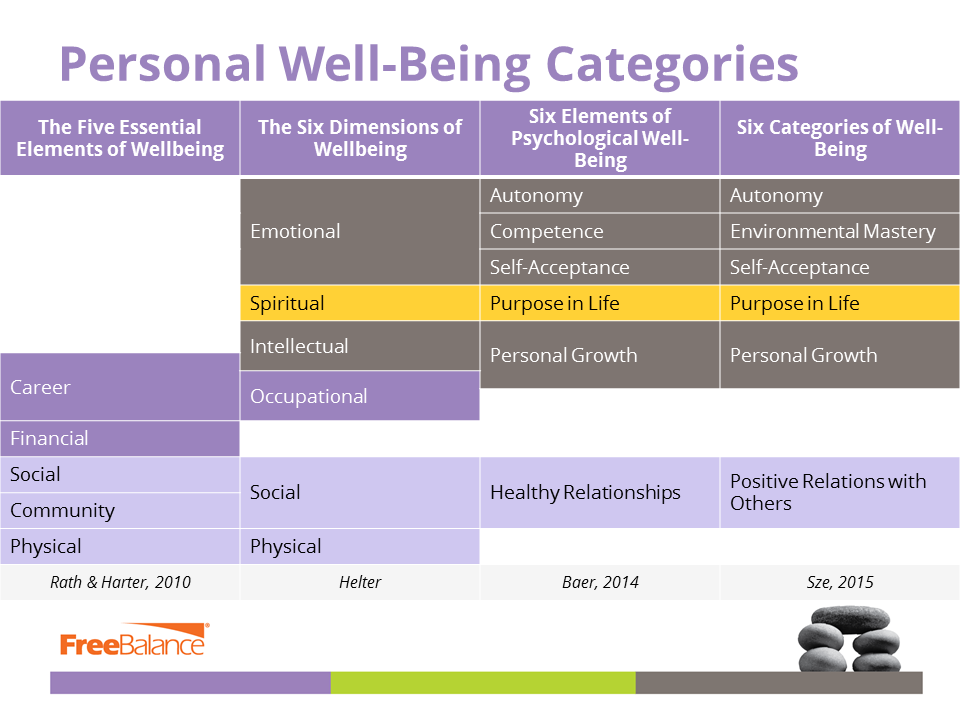The best things in life might be free, but citizens want something from taxes paid. Governments can use measures of well-being and happiness to focus spending on what is most important for citizens [link to article]. Smart public finances can lead to improved service delivery, when combined with other factors, to result in improved citizen well-being. How can governments improve citizen well being without spending more?
Alexander Kjerulf, the Chief Happiness Officer of Woohoo, and a speaker at the FreeBalance International Steering Committee in 2014, recently recommended 11 government policies that can improve happiness at work. We expect to be meeting up with Alexander at the upcoming World Happiness Summit in Miami, later this month, to learn more.
What are the policy interventions that could boost workplace happiness?
Alexander recommends regulatory and enforcement changes such as “2: Regulate against permanent overwork”, internal government process changes such as “4: Make government workplaces role models” and happiness promotion such as “9: Celebrate the best workplaces”. Governments can use purchasing power to promote “certified happy workplaces.”
These government policy interventions are not exactly free. Any government regulation with enforcement comes with a cost. It could be argued that these incremental costs could be offset by social safety net savings. Happy people are healthy people.
Work is not about suffering
Alexander stressed the importance of workplace happiness for productivity and innovation at FISC in 2014. Speaking to an audience of FreeBalance government customers, he emphasized that good governance and meaningful work brings happiness and well being into the workplace. His notion that governments should promote life long learning to help economic development shows that well being in public policy needs to be sustained:
When a government makes education available cheap or free to its citizens, there is a much bigger chance that they get to realize their full potential and become happy at work.
And this should not be limited to young people. Lifelong learning should make it easy and affordable for anyone to upgrade their skills so they can get different or more interesting work.
Learning helps improve competence, autonomy and personal growth. Making learning more accessible may appear to be expensive with returns realized well into the future. (Or, a few more election cycles.) That’s why long-term budget planning is necessary. Also, the advent of new learning platforms is dramatically reducing the cost of learning and certified training. The “digital transformation” of learning could be an important contributor for workplace happiness.

